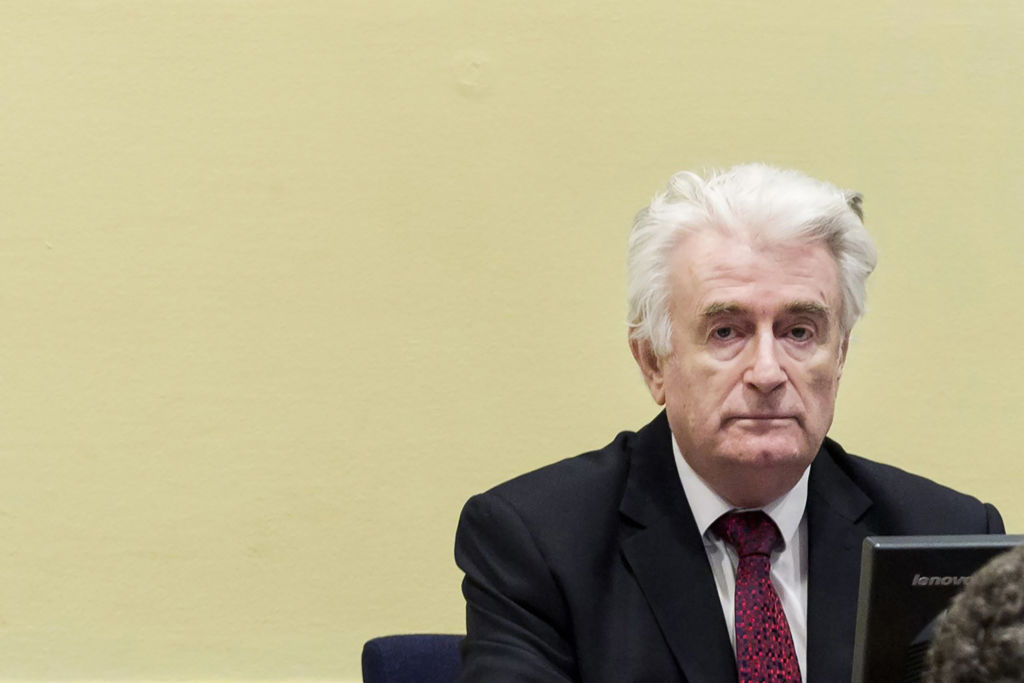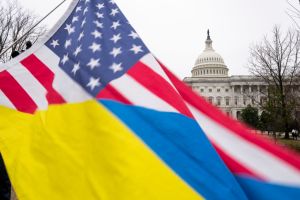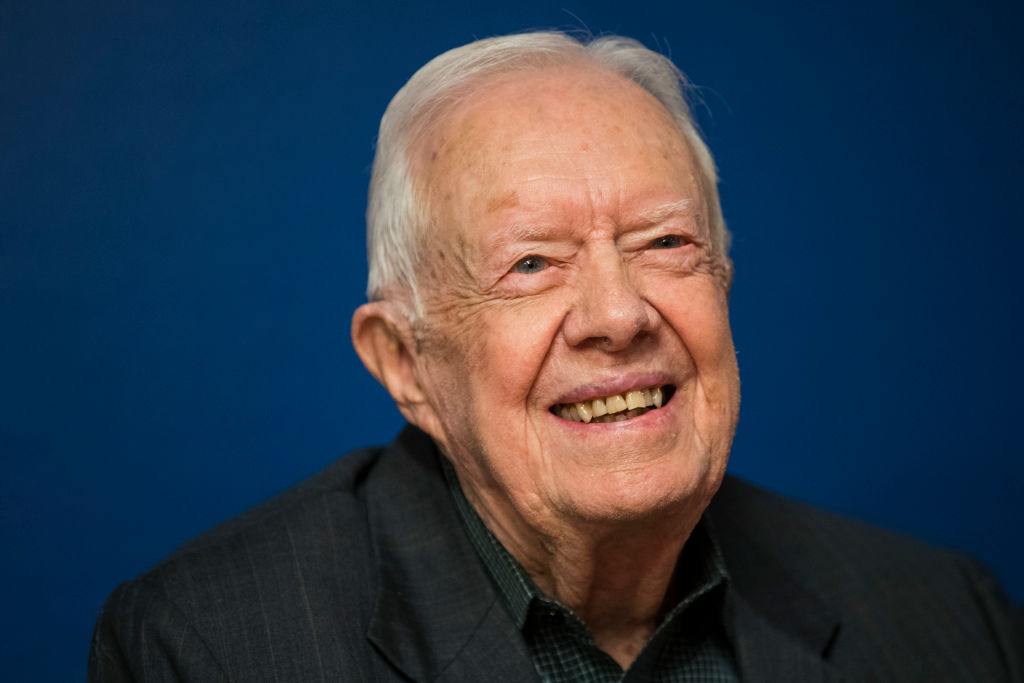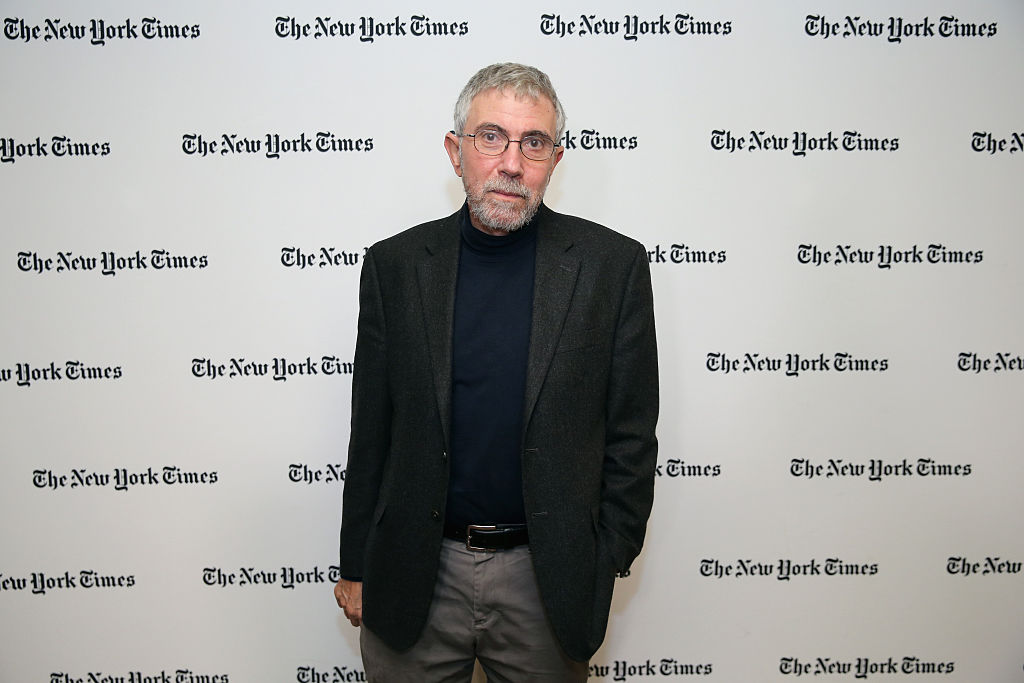‘Why Did I Let a Convicted War Criminal Practice Energy Healing on Me?’ wonders Jessica Stern in a New York Times excerpt from her forthcoming book. The war criminal in question is Radovan Karadžić, a Bosnian Serb leader responsible for the energetic orchestration and execution of genocide against Bosnian Muslims during the 1990s war. His most notorious crime against humanity includes the murder of over 8,000 Muslim men and boys over a few days in Srebrenica.
The book in question is My War Criminal: Personal Encounters with an Architect of Genocide, a memoir of Stern’s interviews with Karadžić. There is nothing wrong with interviewing a genocidal maniac if your aim is to gain understanding about war, the psychology of evil deeds and, most of all, to seek justice for the dead and the survivors. But Stern’s article doesn’t do that at all. It does, however, promote her book.
Stern loses herself in a metaphorical embrace of an evil man. Her book’s title implies that she somehow possesses Karadžić, but it’s quite clearly the other way around. She waxes poetic that she had no choice but to ‘surrender to his idea of himself — as a powerful mystic, a great poet, and a respected psychiatrist’.
She asks Karadžić about his decision to become a neuropath, ‘interested in bioenergetic healing’, a career move that happened to coincide with the issue of an international arrest warrant and Karadžić’s disappearance from view. He tells her that mysticism and energy were always part of his life; how his grandmother used to talk to the sheep in order to make them feel better; how living a peasant life was incredibly formative for his choice to become a healer — as if moving from war criminal to New Age Reiki master is just another one of those midlife career changes that so enliven a resumé.
What’s fascinating is not so much what Karadžić says but how Stern reacts — and why the Times chose this excerpt in particular. She gets so wrapped up in Karadžić’s ‘healing’ hands tha
Stern falls under his mystical spell because, again, ‘Reiki works’, and in that moment, that’s all that matters. She claims she interviewed Karadžić without judgment. That’s not the same as letting him take over her mind — or profiting from it.
After the not-so-surprising backlash from Bosnian writers such as Aleksandar Hemon and Jasmin Mujanović, as well as survivors of war, Stern has apologized: ‘I am so deeply, deeply sorry that this excerpt (which I didn’t choose) made me look like an apologist…I understand why the title and excerpt was hurtful and am so very sorry about that.’
The blame, in Stern’s telling, lies with her publisher, Ecco, and the Times. ‘I will be sending a letter to the Times,’ she has tweeted, ‘but of course it won’t reach the [Bosnian] community [in the US] because an apology is not provocative.’ The Spectator has asked Ecco for comment, but are yet to receive a reply.
Like Hemon and countless other survivors, I too am angry at Stern’s portrayal of Karadžić. I was 13 years old when the war started. I spent almost nine months in the war, watching my hometown, Sarajevo, under siege, and having family members killed and thrown into mass graves. Needless to say, I do not find Stern’s literary and mystical approach in writing about Karadžić particularly amusing or creative.
Stern accuses the Times of making her appear to be an ‘apologist’: the Times, she implies, is exposing her to accusations of complicity in the ongoing Serb effort to minimize or deny the genocide. There are those who truly believe that no such genocide was committed and who grasp at conspiracy theories. And there are those who choose to focus on aesthetic appearances and end up being swayed by phony sentimentality: the trivializers. For Stern, justice is secondary. What matters most is her experience with the famous madman.
In writing about a war criminal this way, Stern aestheticizes and romanticizes evil. In excerpting this without context, the Times profits from it. This is akin to noting that Josef Mengele may have experimented on Jews but concentrating on his great taste in classical music, or extolling the virtues of Hitler’s approach to interior design. Whether Mengele enjoyed listening to Mozart or Wagner, or whether Hitler wanted the throw pillows to match the color of the drapes, is utterly irrelevant.
Stern claims that she had to remain objective. But what kind of judgment is she suspending here? It’s not as if Karadžić’s crimes are unknown and that Stern (like a good detective) has to find out exactly what happened during the war in Bosnia, or whether he is indeed guilty. The Hague War Crime Tribunal has already determined his guilt and has executed a judgment and sentence.
If Stern’s intention is to remember the victims of the Bosnian war, then she has failed spectacularly. This excerpt’s focus on her perverse attraction to Karadžić’s persona as a healer negates the historic reality of his guilt. What she doesn’t understand is that ideologues like Karadžić rely on this kind of Western ‘liberalism’ — a relativism that sees no difference between good and evil, that chooses appearances over reality and that, most of all, kills the memory of the victims, whose suffering and death perpetually calls on us to ‘never forget’.


























